Europe is increasingly divided: between the frugal North and the Club Med South; between the illiberal East and the progressive West. In many ways, the latter is more profound at a time when democracy is under pressure almost everywhere. Listen as our guests discuss the profound conflicts that will shape their countries—and perhaps Europe—for decades to come
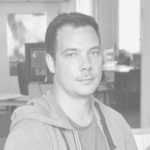 András Léderer is the Senior advocacy officer for the Hungarian Helsinki Committee. He earned his MSc (in violence, conflict and development) at SOAS, London and his BSc (terrorism, conflict and security) in Aberystwyth and joined the Hungarian Helsinki Committee in September 2015. He writes the Hungarian Helsinki Committee’s regular information updates on asylum for domestic and international audiences and is also working and managing projects of the refugee programme. András is also conducting human rights monitoring visits to reception centers and detention facilities. His PhD research focuses on the relationship of trauma caused by intractable conflicts and speech. He is an Alumni of Leaders Europe: Obama Foundation Fellowship (2021).
András Léderer is the Senior advocacy officer for the Hungarian Helsinki Committee. He earned his MSc (in violence, conflict and development) at SOAS, London and his BSc (terrorism, conflict and security) in Aberystwyth and joined the Hungarian Helsinki Committee in September 2015. He writes the Hungarian Helsinki Committee’s regular information updates on asylum for domestic and international audiences and is also working and managing projects of the refugee programme. András is also conducting human rights monitoring visits to reception centers and detention facilities. His PhD research focuses on the relationship of trauma caused by intractable conflicts and speech. He is an Alumni of Leaders Europe: Obama Foundation Fellowship (2021).
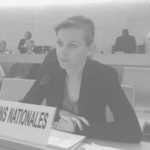 Zuzanna Rudzińska-Bluszcz is a Polish human rights lawyer; she was a 2020 candidate to the Office of the Commissioner for Human Rights in Poland, supported by over 1200 non-governmental organizations; between 2015-2021 was a head of strategic litigation in the Office of the Commissioner for Human Rights of Poland. On behalf of the Commissioner she litigated several groundbreaking cases regarding discrimination, freedom of expression and personal rights’ protection. She has also been engaged in human rights advocacy before the United Nations and Council of Europe. She is an Alumni of Marshall Memorial Fellowship (2019) and Leaders Europe: Obama Foundation Fellowship (2021).
Zuzanna Rudzińska-Bluszcz is a Polish human rights lawyer; she was a 2020 candidate to the Office of the Commissioner for Human Rights in Poland, supported by over 1200 non-governmental organizations; between 2015-2021 was a head of strategic litigation in the Office of the Commissioner for Human Rights of Poland. On behalf of the Commissioner she litigated several groundbreaking cases regarding discrimination, freedom of expression and personal rights’ protection. She has also been engaged in human rights advocacy before the United Nations and Council of Europe. She is an Alumni of Marshall Memorial Fellowship (2019) and Leaders Europe: Obama Foundation Fellowship (2021).
“Step-by-step, we get used to the limitations of our democratic freedoms and rights. So, for example, COVID enabled our government to ban public gatherings. That is one of the crucial things in democracy, to criticize the government…And I’m afraid that some of the limitations will stay with us for not only in this interim period, but will also stay forever, for decades. And the face of our democracy will change.
Europe is increasingly divided: between the frugal North and the Club Med South; between the illiberal East and the progressive West. In many ways, the latter is more profound at a time when democracy is under pressure almost everywhere. Leaders like President Orban of Hungary and Poland’s Jarosław Kaczyński, who founded the ruling Law and Justice Party, are trying to change not only their own countries’ laws and institutions, but to shift the center of European social and political gravity to the right.
How likely are they to succeed? Will they change only their national realities or will they make changes on the larger European or even global stages? Do Hungary and Poland really belong to the Europe of the early 21st century?
Our guests in this week’s New Thinking for a New World podcast are engaged in this conflict. Both are lawyers; Zuzanna Rudzińska-Bluszcz serves at Poland’s Office of the Commissioner for Human Rights and András Léderer is the senior advocacy officer of the Hungarian Helsinki Committee. They both also recently completed the Obama Foundation’s inaugural Emerging Leaders in Europe Program. Listen as they discuss the profound conflicts that will shape their countries—and perhaps Europe—for decades to come.
Click on the button to listen to the episode or find us on a podcast platform of your choice, (Apple podcast, Spotify, Acast, Stitcher, Libsyn, etc).
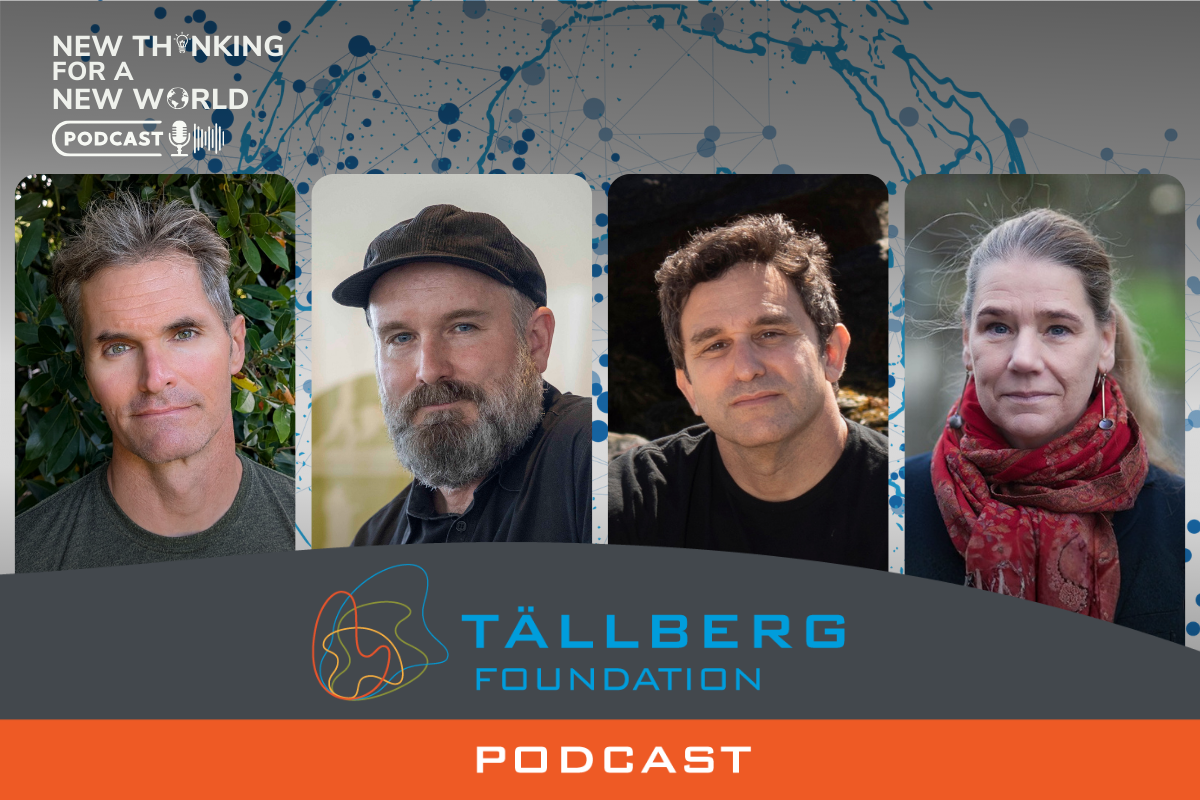
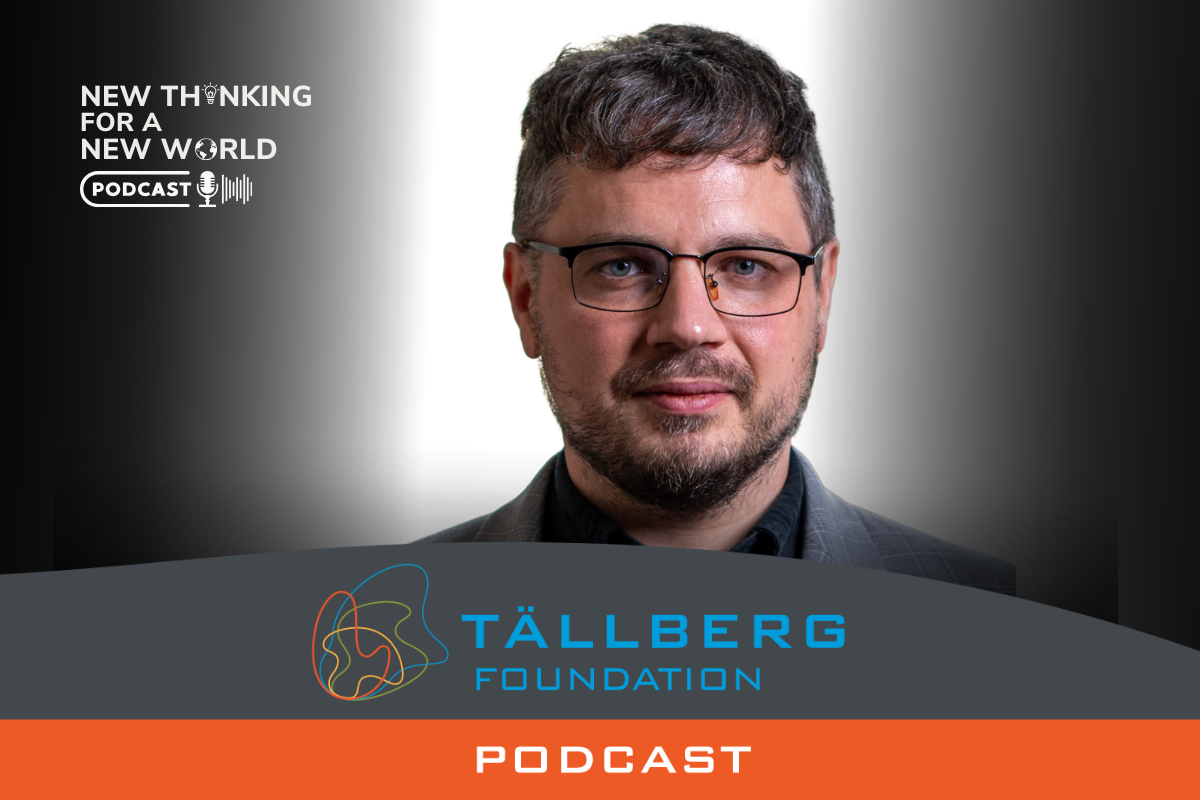
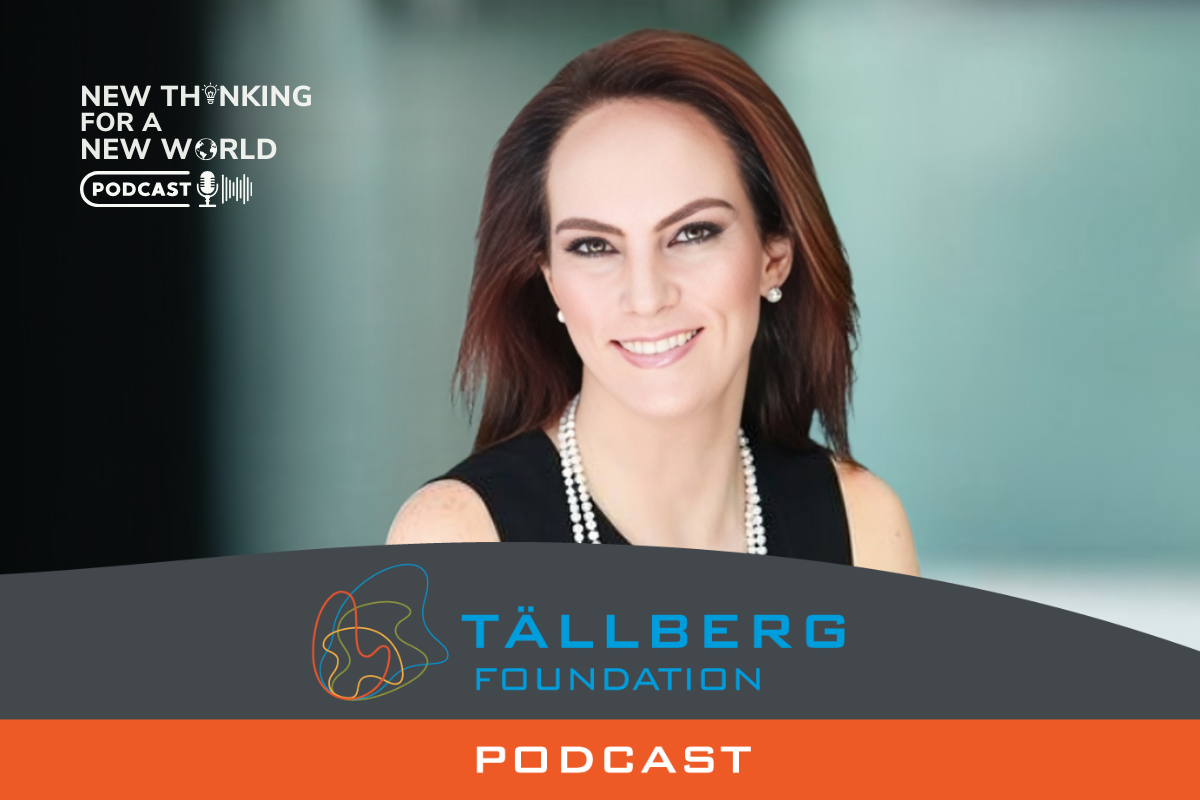
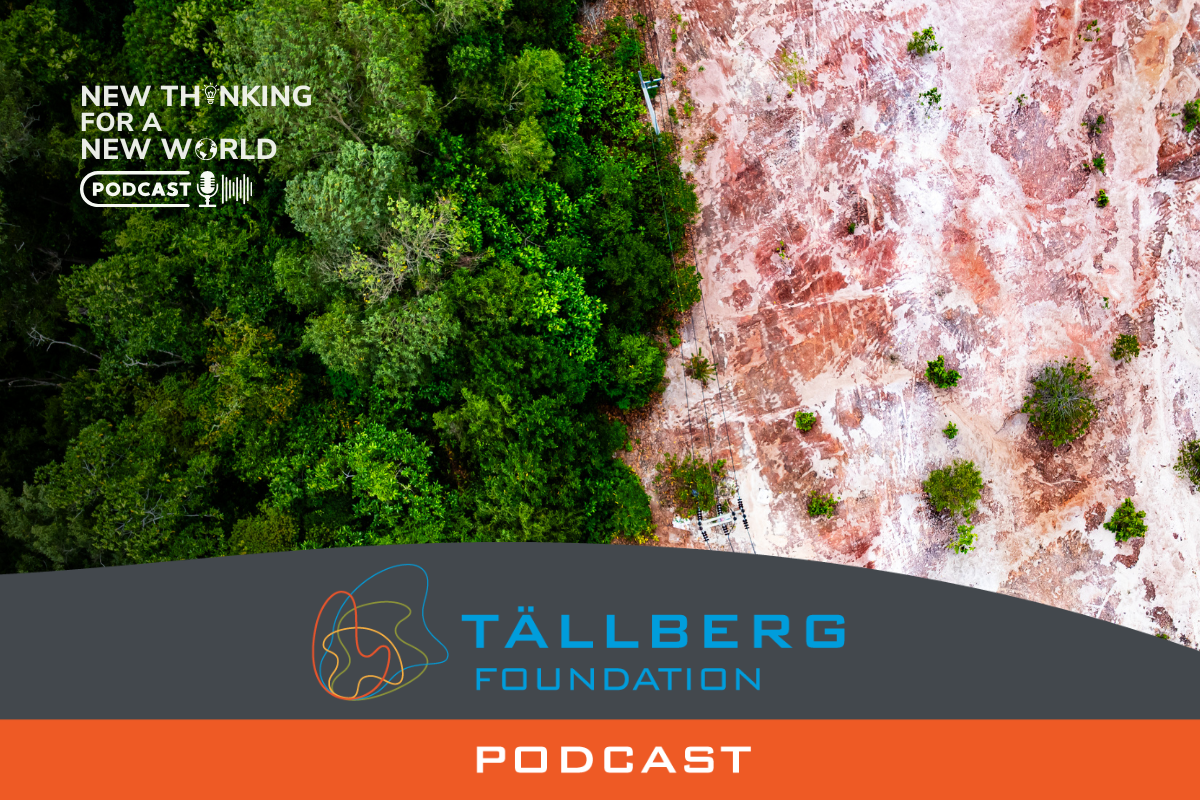
0 Comments